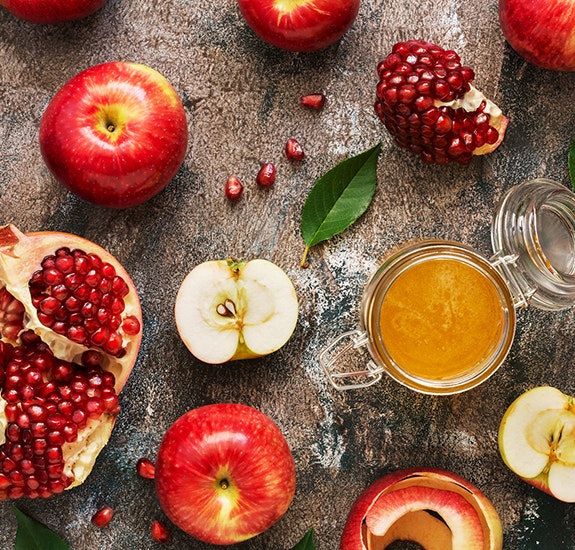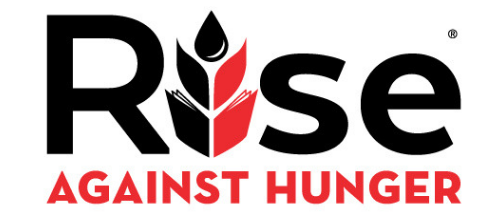A Time for Tradition and Community

Happy New Year! You read that right; despite there being four months left until December 31, on the evening of Monday, September 6, the Jewish New Year called Rosh Hashanah begins, as does the year 5782 for Jews all around the world, including myself! All Jewish holidays are based on the lunar calendar, so they do not align with the Gregorian calendar that the rest of the world uses today. This holiday ushers in what is known as the “High Holidays,” consisting of both Rosh Hashanah and Yom Kippur (the Day of Atonement). Both holidays give Jews an opportunity to self-reflect on their behavior in the previous year and look for ways to improve their relationships with family, friends, colleagues and their community at large in the new year.
On Rosh Hashanah, a lot of Jewish families will start the holiday off by gathering together for a very special meal prior to going to the synagogue. If their heritage comes from an Eastern European country, then the following is typically served: beef brisket, Tzimmes (a stew of sweetened vegetables and/or fruit), potato and or noodle kugel (pie/casserole), matzah ball soup, round challah (braided bread, with or without raisins), apples and honey and, of course, loads of sweetened dessert. If one’s family comes from a Mediterranean/Middle Eastern country, then they may have roasted chicken or lamb cooked with dried fruits, festive rice or couscous, roasted beet salad and sweet potato, pumpkin or leek patties. Either way, the main theme of Rosh Hashanah is having a “sweet new year” and the recipes reflect just that.
On Yom Kippur, there is a fast for 25 hours and many Jews will spend this holiday praying in a synagogue or being with family, similar to time spent on Rosh Hashanah. Over the years, some synagogues have taken up the tradition in a symbolic way by hosting a meal packing event with Rise Against Hunger, and therefore helping others eat on a day where they themselves are feeling hungry. At the conclusion of Yom Kippur, another group meal commences with family, neighbors and friends alike.
Throughout these holidays, one will greet each other with “L’shana tova” or just “shana tova,” which wishes someone a good year. So, Happy New Year or L’shana tova to all who celebrate during this joyous and reflective time of year!
Thank you to all the Jewish communities around the country who have and continue to support Rise Against Hunger. Your support matters now more than ever.
Rise Against Hunger is currently responding to support those affected by Haiti’s recent earthquake. To enable Rise Against Hunger to provide critical assistance in crisis situations worldwide, such as the aftermath of Haiti’s earthquake, give now to our Global Emergency Relief Fund.

